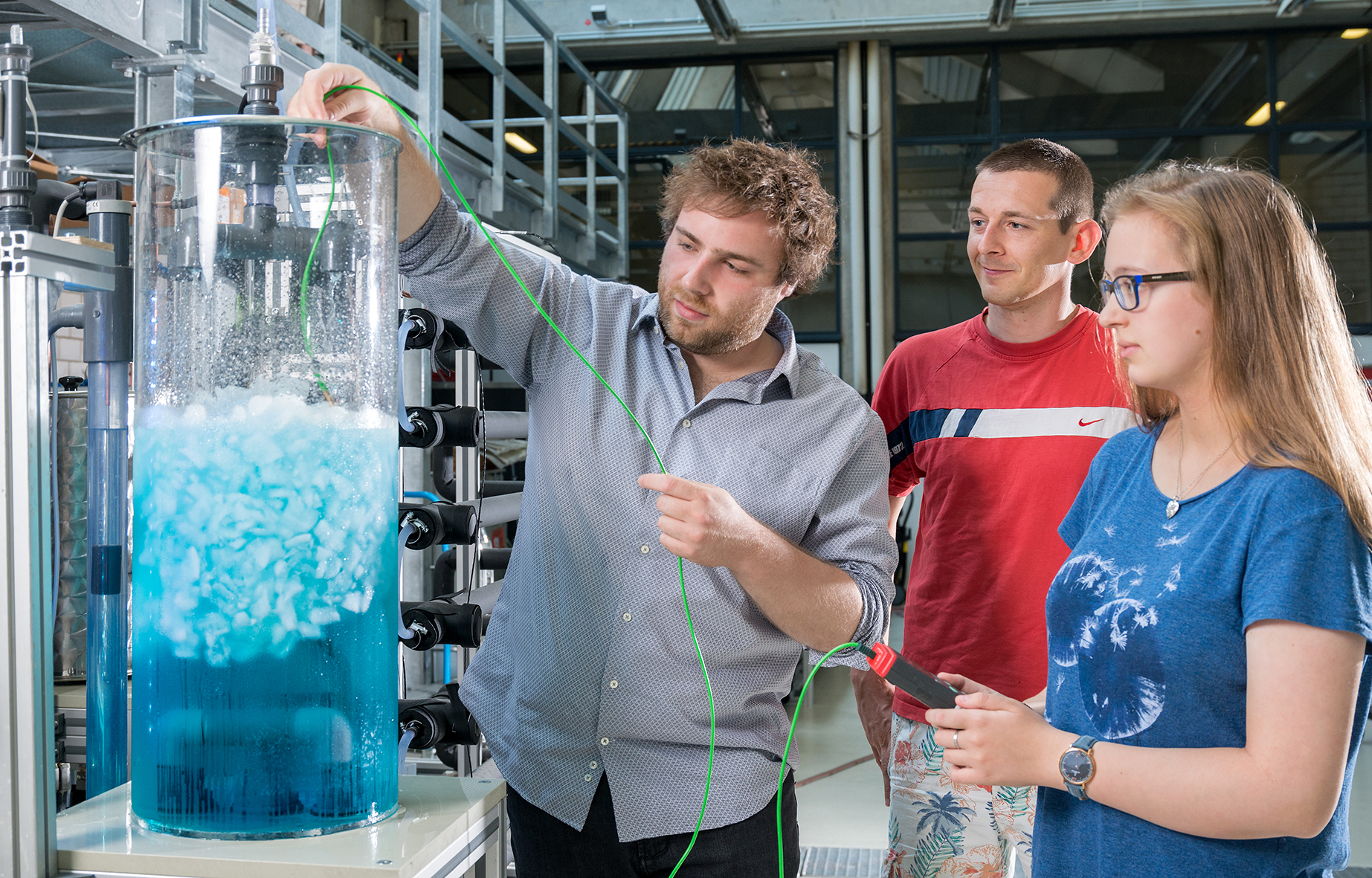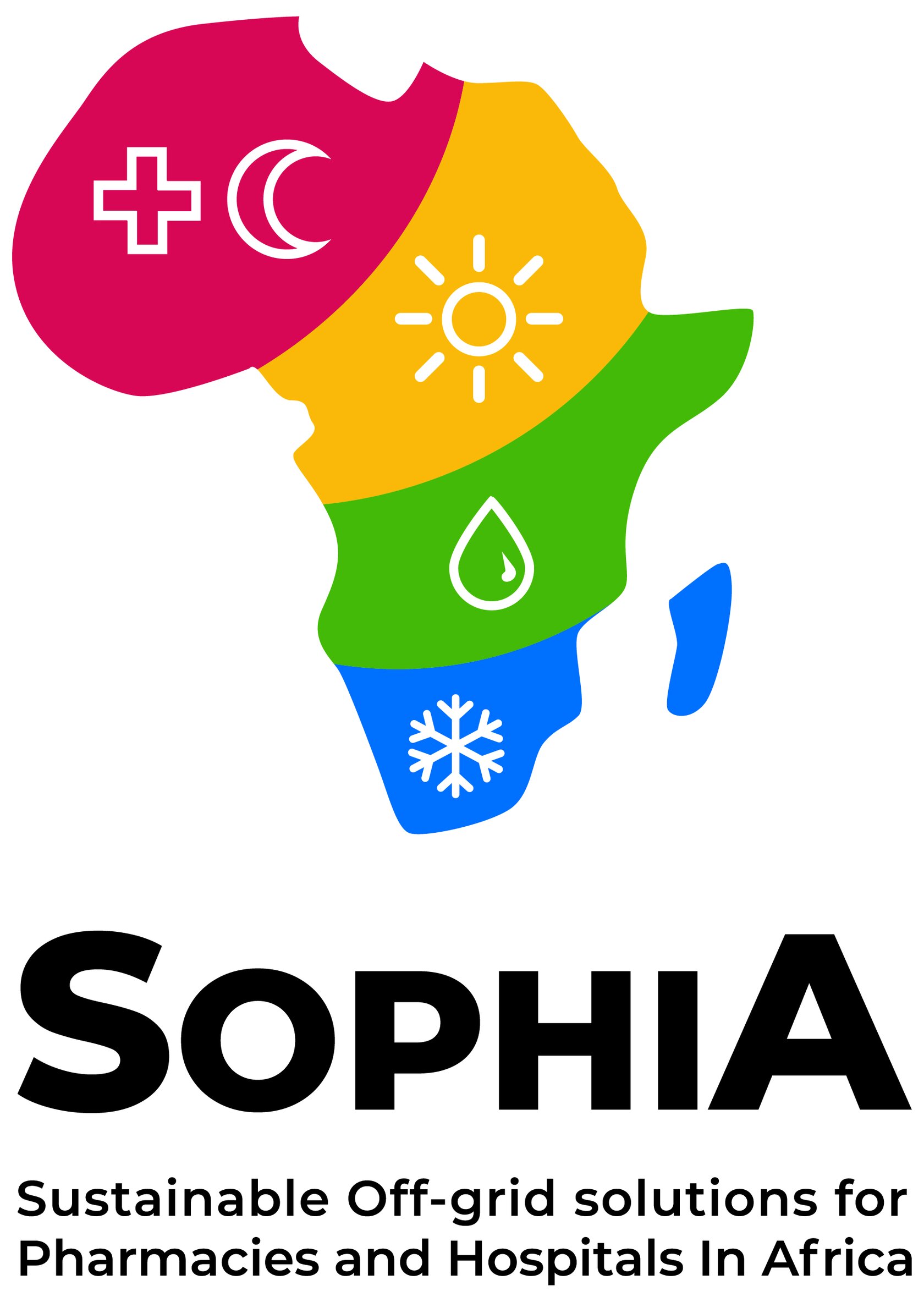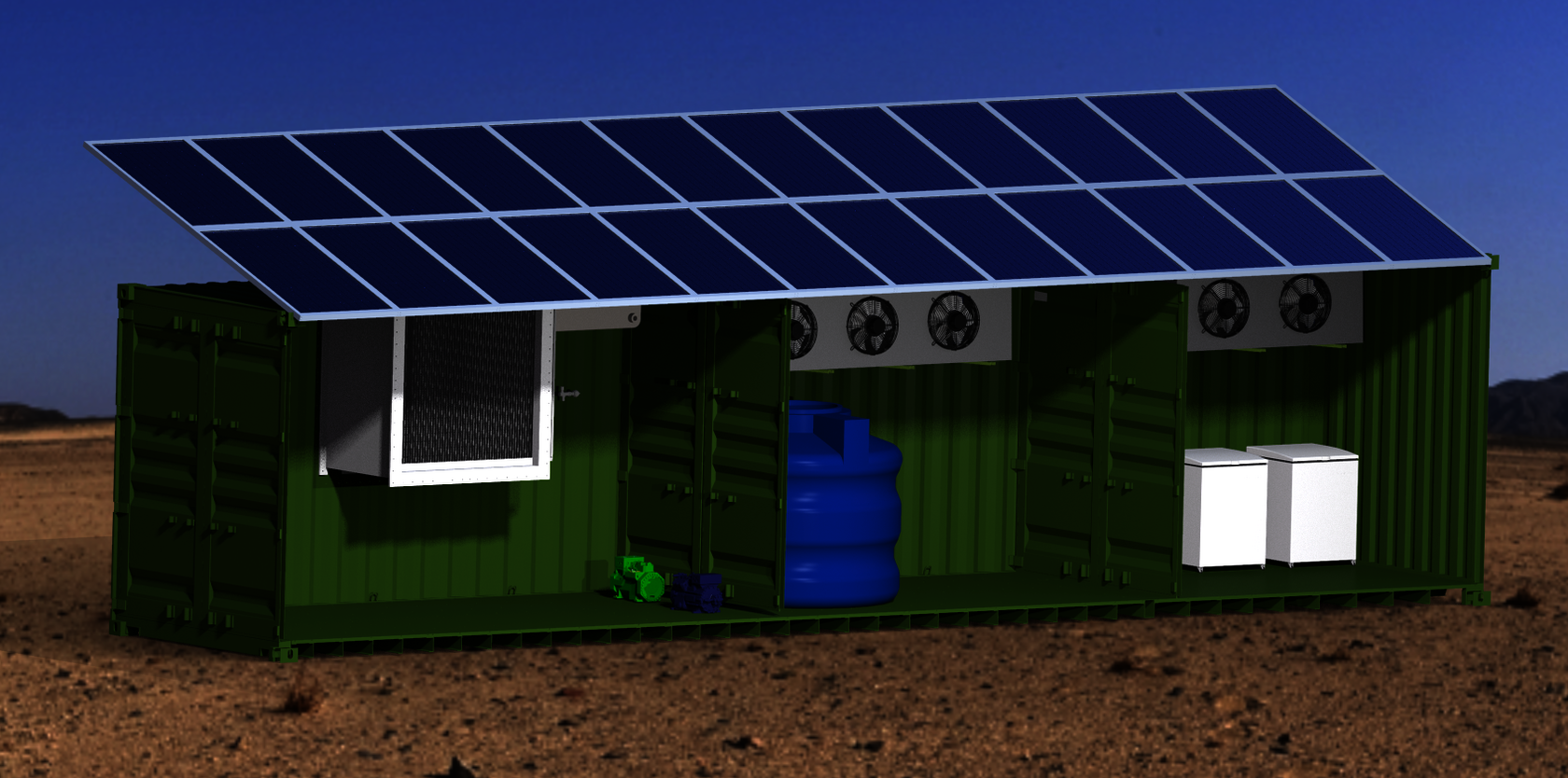
SophiA – Sustainable Off-grid solutions for Pharmacies and Hospitals in Africa
SophiA – Sustainable Off-grid solutions for Pharmacies and Hospitals in Africa
SophiA aims to provide sustainable off-grid energy supplies and water free of bacteria and viruses for rural and remote health facilities in Africa, thereby accelerating the sustainable development, growth and economic transformation, and ensuring improved access to energy and health services for all.
Using various technologies, such as photovoltaics, solar thermal, electrical and thermal storage, sophisticated water treatment and natural refrigerants with low global warming potential, SophiA will develop and manufacture locally innovative, modular, affordable and efficient solar powered systems for providing:
- electricity supply for use during power grid failure;
- safe and clean drinking water, free of bacteria and viruses;
- hot water and when needed also steam;
- cooling of surgical or intensive care units;
- cooling of medicines at +5 °C; and food, when needed;
- low temperature storage of blood plasma at -30 °C;
- ultra-low temperature storage of sensitive medication (e.g. some Covid-19 or Ebola vaccines) at -70 °C.


SophiA systems will be manufactured in Africa and will provide for the first time innovative solutions based on climate-friendly natural refrigerants to cover cooling demand for three different temperature ranges (-70°C, -30°C and +5°C). The systems will be tested and demonstrated at four rural hospitals in remote regions throughout the African continent covering the major geographical regions and different climatic condition in Burkina Faso, Cameroon, Malawi and Uganda.
Current information about the project
The Karlsruhe University of Applied Sciences is taking over the project management within the framework of the research project and coordinating the work packages for the entire duration of the project, which are being handled on by a total of 13 project partners from Europe and Africa. In addition, the IKKU team, led by Prof. Dr.-Ing. habil. Michael Kauffeld, is responsible for the development of the refrigeration system for the three temperature levels 5, -30 and -70 °C, including the highly efficient thermal ice storage and the experimental investigation of the system on a laboratory scale. The team of Prof. Dr.-Ing. Jan Hoinkis is addressing the development and construction of the solar-powered system for water treatment. Thus, the IKKU acts as the leader of two work packages of the project in addition to the project coordination.
The kick-off meeting took place as a hybrid event at the Karlsruhe University of Applied Sciences on 12th and 13th October. A donation campaign for the family of Prof. Noble Ephraim Banadda was organised.
Students
Students have the opportunity to participate in the development and testing of the refrigeration system on a laboratory scale within the framework of project (PA, R&D) and final theses (Bachelor, Master). Funds are also available to view and optimise the systems on site. Open topics can be found under student research or by contacting the responsible staff member directly.
Project partners
SPF Institut für Solartechnik, OST-Fachhochschule Ostschweiz
Makerere University
Institut International d’Ingénierie de l’Eau et de l’Environnement
Steinbeis Europa Zentrum
Ministère de la Santé Publique du Cameroun
International Institute of Refrigeration (IIR)
Operieren in Afrika e.V.
Everflo
Kovko (Pty)
Martin Systems GmbH
Simply Solar GbR
Raach Solar
Funding period
01.10.2021 – 30.09.2025
The project is funded by the European Union within the framework of the Horizon 2020 Research and Innovation Programme (grant agreement number 101036836).
Last update
24.11.2021